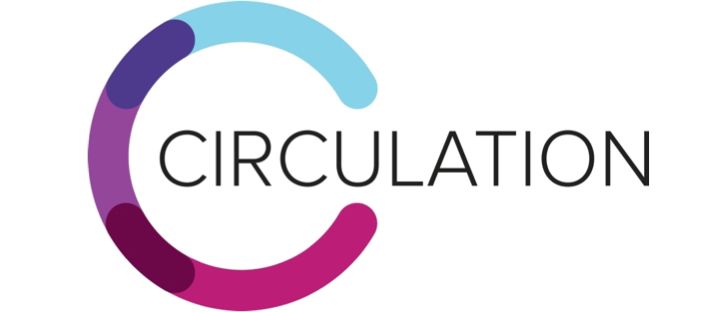5 Times Healthcare Companies Were Compared to Uber in 2017
Some companies court the comparison, while some have it foisted upon them.

It is hard to overstate how thoroughly Uber rattled the transportation industry. That level of disruption is a dream for most startups, leading to comparisons between new, mobile-enabled, connectivity-based companies and Uber. Healthcare startups are no exception: “The Uber of Healthcare” is an oft-ridiculed and yet oft-repeated moniker throughout the health and technology press. Sometimes companies court the mantle, while in other cases it is foisted upon them in headlines. Here are the top 5 most Uber-compared companies of 2017.
5. Concierge Key Health
In numerous interviews through 2017, Concierge Key Health founder and CEO Robert Grant used the phrase to describe his company, which provides priority scheduling access to top doctors and specialists for a flat rate of $3000 per year for individuals. The company is careful to point out that it is not a healthcare provider, but rather a service to connect patients with doctors.
“We want to create an Uber-like service nationwide," Grant told USA Today in April. "We have re-imagined the user experience, soup to nuts."
4. Pager
Pager is a multi-faceted healthcare tech company that earns comparisons to the ubiquitous taxi app for multiple reasons. It does provide on-demand doctor appointments using a mobile app, but there’s also the fact that one of its founders, Oscar Salazar, helped build Uber.
Still, there’s more to the company than that. Pager recently announced a partnership with Horizon Blue Cross Blue Shield of New Jersey to bring its connected health advice services to the nearly 4 million members in that health plan.
Pager CEO Walter Jin told Healthcare Analytics News™ that the idea behind the arrangement was to give more Americans an experience like his own: his brother is a doctor he can contact for advice in medical situations. “I think that’s the core essence of the patient experience we want to bring in for every American who isn’t lucky enough to have an immediate family member who is a doctor. We want to let everyone have that privilege,” he said.
3. Heal
Despite Heal CEO and cofounder Nick Desai’s objections that “’Uber for healthcare’ is an inaccurate description” of his company’s services, the comparison has still run rampant. The New York Times assigned it that status back in 2015, dozens of mainstream articles about the company have referred to it in the same breath as the ride-hailing service.
The nature of the company has led to the comparisons: it allows users to “hail” doctors for a house visit. That’s where the similarities end, Desai says: the term “doesn’t speak to the way we create doctor-patient relationships focused on improved wellness through technology, accessibility and premier quality.”
To date, the company has raised more than $51 million in investment.
2. Candor Health
Candor even made the comparison on a blog on its site: “Like Uber and AirBNB, Candor Insurance has broken new ground in its industry.” The firm has built and launched an online marketplace to help customers find good, appropriate insurance.
The platform asks users plain-language questions about their health habits and needs, and then searches through hundreds of thousands of coverage options. Those options include supplemental programs, like prescription benefits or telehealth services, that can be combined to give users more complete plans for their lifestyles. Candor receives a percentage when it helps to connect service providers with enrollees.
Noting that companies like Uber and Amazon have created consumer expectations of instantaneous and accurate service, Candor CEO and co-founder Bob Shinn told Healthcare Analytics News™ that Candor is trying to intuitively “democratize” the insurance market.
1. Circulation
Circulation earns the top spot for one reason: it’s Uber’s “preferred healthcare partner.” The company’s mission is simply to leverage Uber’s massive driver network to get people to their non-emergency medical appointments. The pairing began in late 2016. This summer, Circulation expanded its services to over 700 medical facilities in 25 states, announcing customer cost savings and decreases in no-show rates at centers where it was in use. In July, Circulation closed a Series A funding round that brought in over $10 million.
Podcast: Adoption of Healthcare Tech in the Age of COVID-19 with Dr Kaveh Safavi
June 22nd 2021Kaveh Safavi, MD, JD, global health lead of Accenture Health, discusses how the pandemic influenced the speed at which healthcare organizations adopted new technologies and how this adoption is impacting patient care.